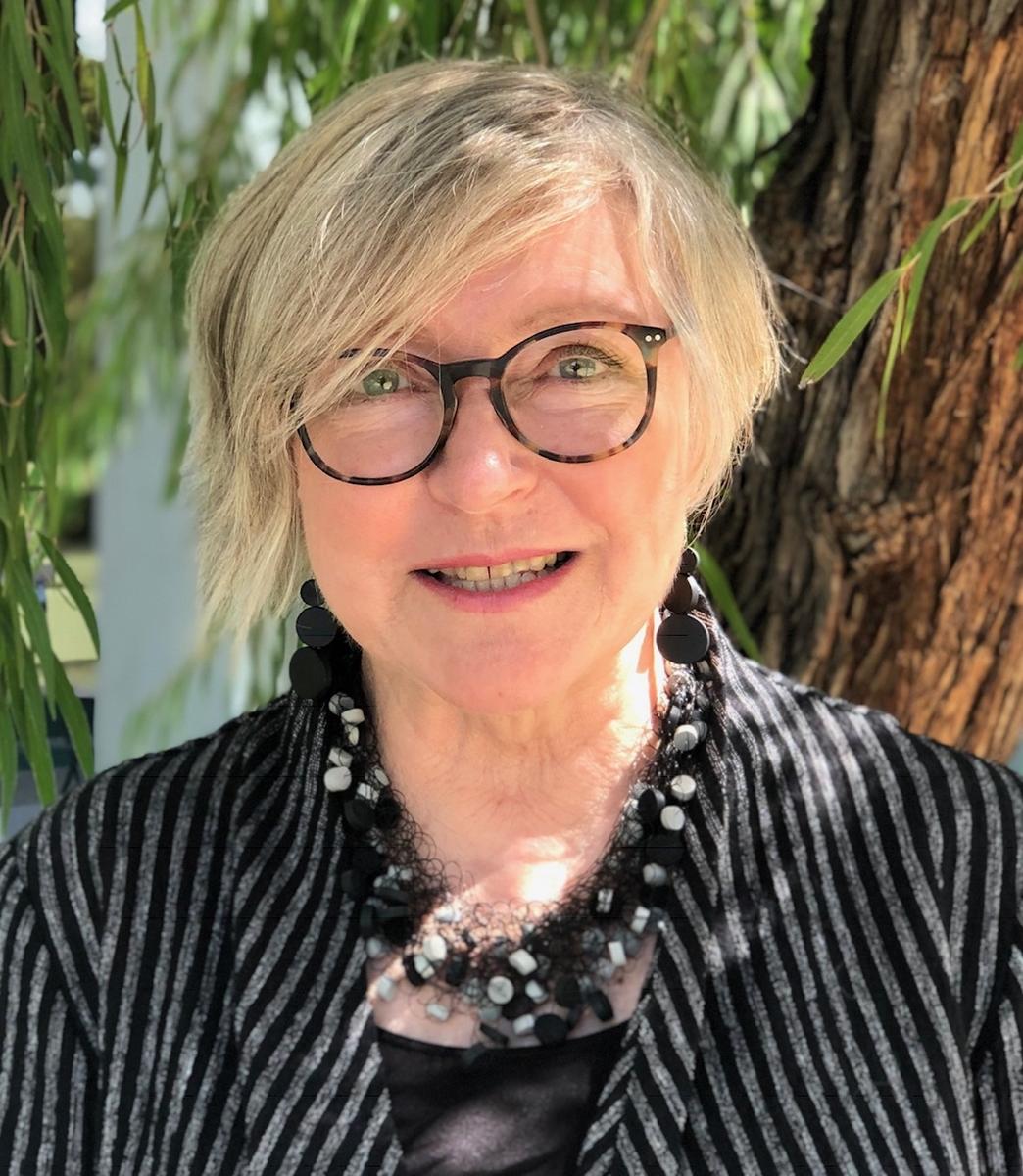From the Principal

The day science became ideology
In a recent incident that made the news, the NSW Department of Education ordered Ramsgate Public School to remove two letters from students published in an online newsletter.
The children had written letters about climate change, notionally to Prime Minister Scott Morrison though the letters weren’t sent, as part of an exercise in persuasive writing.
A department spokesman told The Sun-Herald the letters were written after a geography lesson about the Great Barrier Reef. The spokesman said there was no problem with the lesson or the letters themselves but because they were addressed to the Prime Minister and were critical of government policy, the publication of the letters breached the Controversial Issues in Schools policy.
The incident was reported in The Daily Telegraph, which quoted two right-wing think tanks and a conservative academic in a story about how teachers are ostensibly subjecting children to a political agenda in the classroom and 'brainwashing young, immature and vulnerable children with their politically correct ideology'.
I came across this article by Caitlin Fitzsimmons, in the Sunday Age. It ruined my breakfast and I have been thinking about it since.
I wonder what message it sent to the children of Ramsgate Public School. Are we really accepting of a society where children are not allowed to voice criticism of government policy? Are children now required to look away, obediently, when government policy deliberately ignores scientific findings? Is this the price of state education, enshrined as 'free, compulsory and secular'?
I have been trying to imagine how these children must have felt - to have the school remove their letters – and I don’t envy their teachers, and others in state schools, having to navigate these directives. How do teachers discuss freedom of speech – or is this notion also against the ‘controversial issues’ policy?
As a school principal I am wary of overstepping my role by pontificating about politics, but when politics so clearly encroaches on the role of teachers and the curriculum they are allowed to teach many adults, teachers and parents, may well feel the chill of a sinister hand at work.
Such a policy seems to me to be in direct conflict with the rights of children articulated by the United Nations - and fore-fronted in Preshil’s Courage document.
Children are not the people of tomorrow, but people today. They are entitled to be taken seriously. They have a right to be treated by adults with tenderness and treated as equals. They should be allowed to grow into whatever they were meant to be – the unknown person inside each of them is the hope for the future. (United Nations Convention on the Rights of the Child)
At Arlington we continue to encourage children to learn about the world around them. Our teachers explicitly teach skills of research, testing hypotheses, understanding the impact of human settlement on the environment and on other species. We deliberately encourage children to question; we take genuine delight in seeing the development of their curiosity, the sharpening of their critical capacities and their individual integrity.
Valuing these qualities has led us to adopt the International Baccalaureate, which puts student agency at the centre of our professional practice.
The International Baccalaureate® aims to develop inquiring, knowledgeable and caring young people who help to create a better and more peaceful world through intercultural understanding and respect.
To this end the organization works with schools, governments and international organizations to develop challenging programmes of international education and rigorous assessment.
These programmes encourage students across the world to become active, compassionate and lifelong learners who understand that other people, with their differences, can also be right.
As an educator I’m wondering about that idea of ‘becoming active’ – or should I wait, politely, for the time when we are told we can no longer question the political orthodoxy of the day?
Marilyn Smith
Principal

